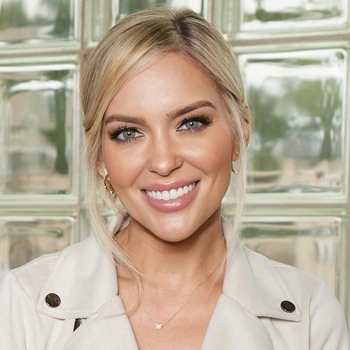
Recognizing Toxic Relationship Traits Before They Take Root
January 24, 2025

Identifying toxic relationship traits can be challenging, yet crucial. Relationships can be some of the most meaningful parts of our lives—but they can also become deeply painful if early red flags go unnoticed. While love has the power to elevate us, it can also blind us to behaviors that slowly wear down our self-esteem, boundaries, and emotional health.
I’ve lived this firsthand. And if sharing my story helps even one person identify toxic patterns before they become ingrained, then it’s worth telling.
1. Subtle Signs of Emotional Manipulation
At first, it felt like a whirlwind romance—something out of a movie. But little moments started to add up.
He’d make jokes at my expense, then accuse me of being “too sensitive” when I spoke up. And the worst part? I believed him. That’s how toxic dynamics often begin: they make you question your own reality.
2. Boundary Violations Disguised as Love
I value my alone time—it grounds me. But my need for space was interpreted as rejection. He’d show up unannounced, pressure me to spend time together, and ignore my requests for quiet.
I told myself I was being difficult. That I needed to adjust. But healthy relationships don’t demand that we betray our own needs. They honor and respect boundaries.
3. Constant Criticism and Public Disrespect
Criticism isn’t always obvious at first. In my case, it started with small jabs—mocking the bag I carried, which wasn’t designer. Eventually, it escalated into something more demeaning.
He kept a dry-erase board in our home, where he would write down things I did that he found “stupid.” This wasn’t a joke. It was a tally of my perceived inadequacies, displayed like a scoreboard.
No relationship should leave you feeling like you need to apologize for simply being yourself.
4. Avoidance of Communication and Emotional Withdrawal
Communication is essential in every relationship. But what happens when every attempt is met with coldness or contempt?
I remember bracing myself before calling—rehearsing what I’d say just to avoid a blow-up. I’d hear, “Why are you calling me? You know how busy I am.” Never mind that I was trying to schedule a pediatrician appointment or a parent-teacher meeting.
When you’re punished for speaking up, silence becomes survival.
5. Extreme Emotional Reactions and Fear-Based Control
Some of the most terrifying moments of my life occurred in the presence of someone I once loved. He had a history of volatility, and I made excuses for it—his trauma, his past, his pain. I “bleached the red flags,” as a wise friend once put it.
One day, while driving to the airport, we were cut off by another car. Within seconds, he escalated the situation—slamming the brakes, exiting the car, and punching the other driver to the ground.
Rage is not passion. Violence is not strength. And fear is not love.
6. Isolation from Friends and Family
It happened slowly. I spent less time with friends. I started feeling guilty for wanting to connect with my support system. He’d say things like, “I just want you to myself,” which felt romantic—until it became controlling.
Looking back, I see how he intentionally disconnected me from the people who might’ve helped me leave.
How to Protect Yourself from Toxic Patterns
Toxic relationships often begin quietly. That’s why it’s so important to listen to the little voice inside you that says, “This doesn’t feel right.”
If you notice:
- Ongoing disrespect or dismissal of your needs
- A lack of safe communication
- Behavior that causes fear, shame, or isolation
Please trust yourself. You deserve more.
Healing Is Possible—and You’re Not Alone
I’m still learning. Still growing. Still choosing relationships that uplift rather than erode me. I believe in love—but I now believe even more in self-respect, emotional safety, and the power of early awareness.
And if no one has told you this lately:
Love shouldn’t hurt. Love should hold.
Need Support Recognizing Red Flags or Rebuilding After a Toxic Relationship?
At The Montfort Group in Plano, we specialize in helping individuals:
- Recover from emotionally abusive relationships
- Rebuild confidence after narcissistic dynamics
- Learn how to set boundaries without guilt
Reach out today to schedule a session and begin your healing journey.
accept
We use cookies to improve your browsing experience and ensure the website functions properly. By selecting 'Accept All,' you agree to our use of cookies.
© Tmg XXXX
Brand & Website by Writefully Said
Contact our office:
The Montfort Group is a highly-trained team of professional therapists in Plano, TX providing counseling and support for individuals, couples, teens, and families.
Stay Connected
Schedule Now
